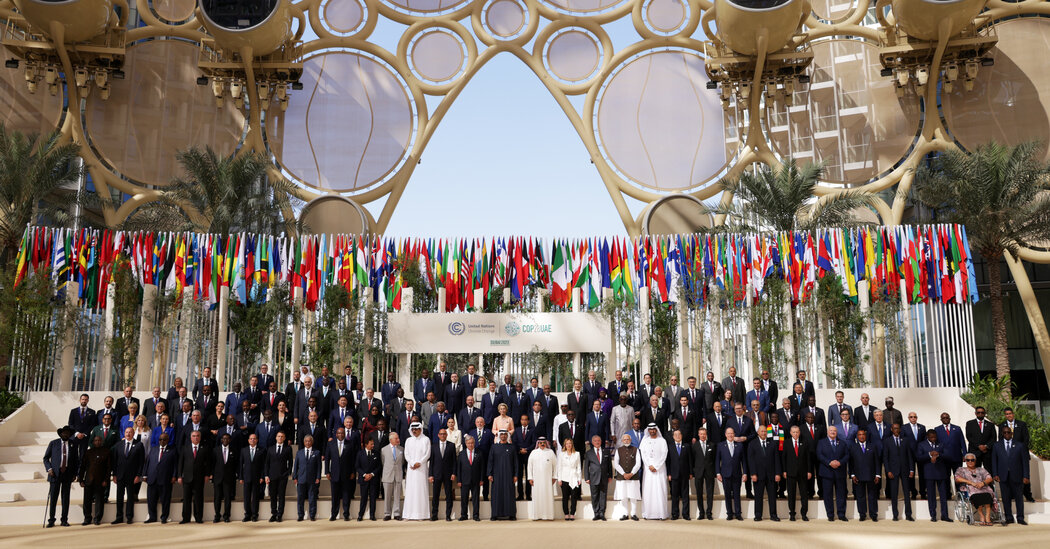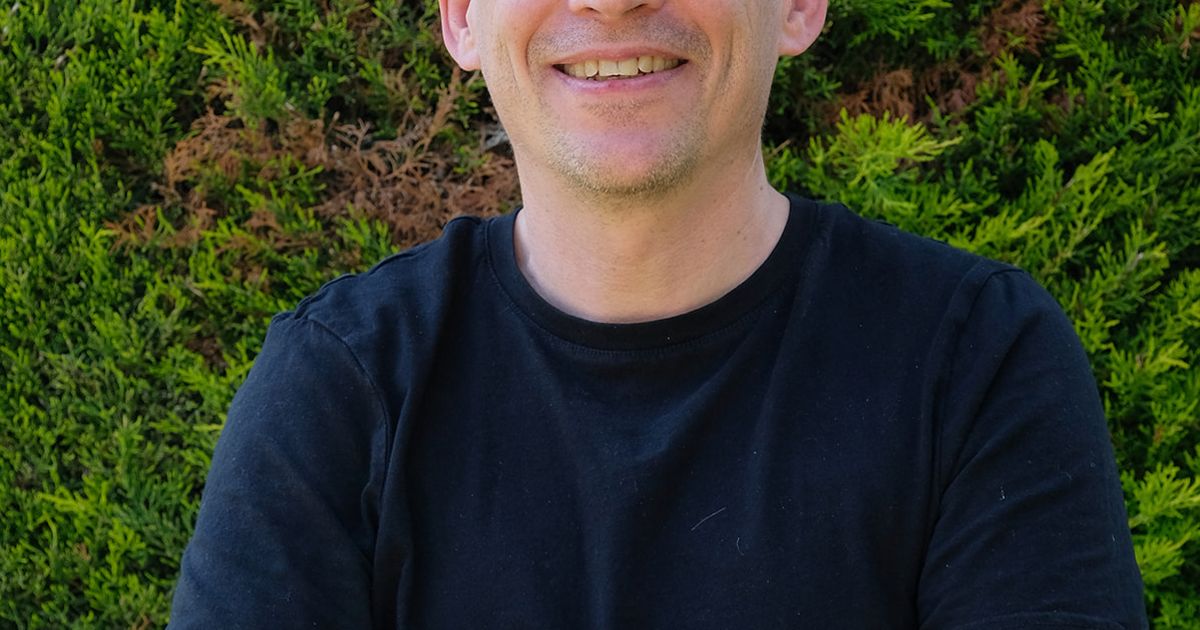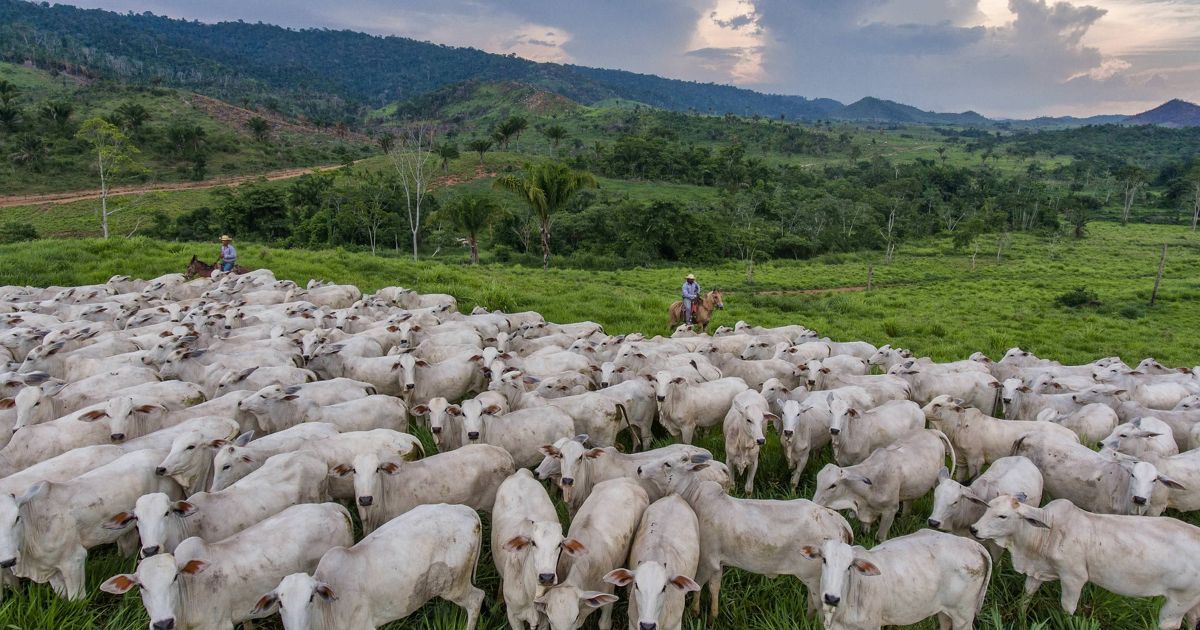-
Cop28: King Charles warns of ‘vast, frightening experiment’ on natural world

The world has embarked on a “vast, frightening experiment” on the natural world, King Charles has told world leaders, which risks triggering “feedback loops” in the climate system that will cause irreversible disaster. Noting that 2023 was the hottest year on record, the king told the Cop28 UN climate summit on Friday: “Records are now…
-
Cop28: King Charles warns of ‘vast, frightening experiment’ on natural world

The world has embarked on a “vast, frightening experiment” on the natural world, King Charles has told world leaders, which risks triggering “feedback loops” in the climate system that will cause irreversible disaster. Noting that 2023 was the hottest year on record, the king told the Cop28 UN climate summit on Friday: “Records are now…
-
Heidi Alleway

Heidi is the Senior Aquaculture Scientist for TNC’s global aquaculture strategy, where she leads a science portfolio focused on advancing the organizations strategy on restorative aquaculture and smart siting and contributes to broader efforts to advance regenerative food systems and seafood initiatives. Her research experience spans aquaculture, fisheries and fisheries habitat, biosecurity and historical ecology…
-
Heidi Alleway

Heidi is the Senior Aquaculture Scientist for TNC’s global aquaculture strategy, where she leads a science portfolio focused on advancing the organizations strategy on restorative aquaculture and smart siting and contributes to broader efforts to advance regenerative food systems and seafood initiatives. Her research experience spans aquaculture, fisheries and fisheries habitat, biosecurity and historical ecology…
-
A Tense Climate Summit Begins Against a Backdrop of War and Record Heat

World leaders at climate talks in Dubai invoked faith, science and economics in their calls for a rapid transition away from fossil fuels. With dire warnings of planetary catastrophe and urgent pleas to protect vulnerable populations, world leaders on Friday implored one another to stop burning fossil fuels and swiftly reduce the greenhouse gas emissions…
-
A Tense Climate Summit Begins Against a Backdrop of War and Record Heat

World leaders at climate talks in Dubai invoked faith, science and economics in their calls for a rapid transition away from fossil fuels. With dire warnings of planetary catastrophe and urgent pleas to protect vulnerable populations, world leaders on Friday implored one another to stop burning fossil fuels and swiftly reduce the greenhouse gas emissions…
-
Rob Cunningham

Rob Cunningham is the TNC’s Resilient Watershed Programme Director for Europe, a role that involves developing programmes that deliver NbS at scale to address water security issues faced by utilities, business and communities. His time is split between delivering TNCs priority projects in Norfolk (England)and developing new partnerships in Europe. Rob studied Environmental Science and…
-
Rob Cunningham

Rob Cunningham is the TNC’s Resilient Watershed Programme Director for Europe, a role that involves developing programmes that deliver NbS at scale to address water security issues faced by utilities, business and communities. His time is split between delivering TNCs priority projects in Norfolk (England)and developing new partnerships in Europe. Rob studied Environmental Science and…
-
TNC praises Brazil’s first state-wide cattle traceability program committed to reducing emissions and preventing deforestation

The Decree sets the target of individually tracing all transported cattle in Pará by December 2025 and to cover the state’s entire herd of over 24 million cows by December 2026, along with ambitious and measurable goals to accelerate compliance and market inclusion, improve pasturelands, and increase productivity. The Program will support rural producers, including…
-
The Rewilding Paradox
Rewilding is an increasingly important part of environmental policy today, as a tool to mitigate climate change and increase biodiversity. However, Eric Katz argues that the policy is built on a paradox. While attempting to create “wilderness” free from human intervention, rewilding inevitably subjects nature to human domination, of both its physical processes and its…